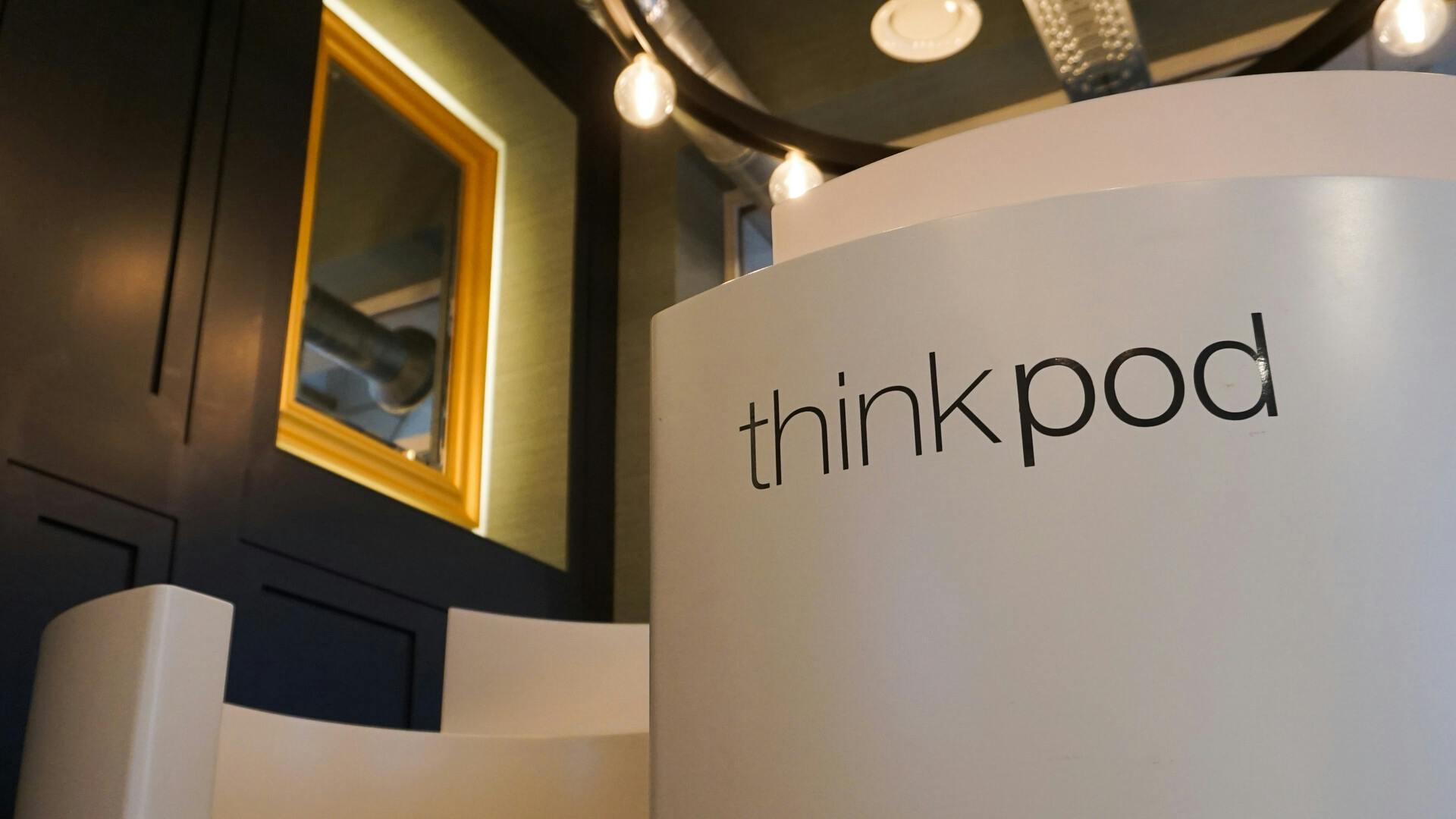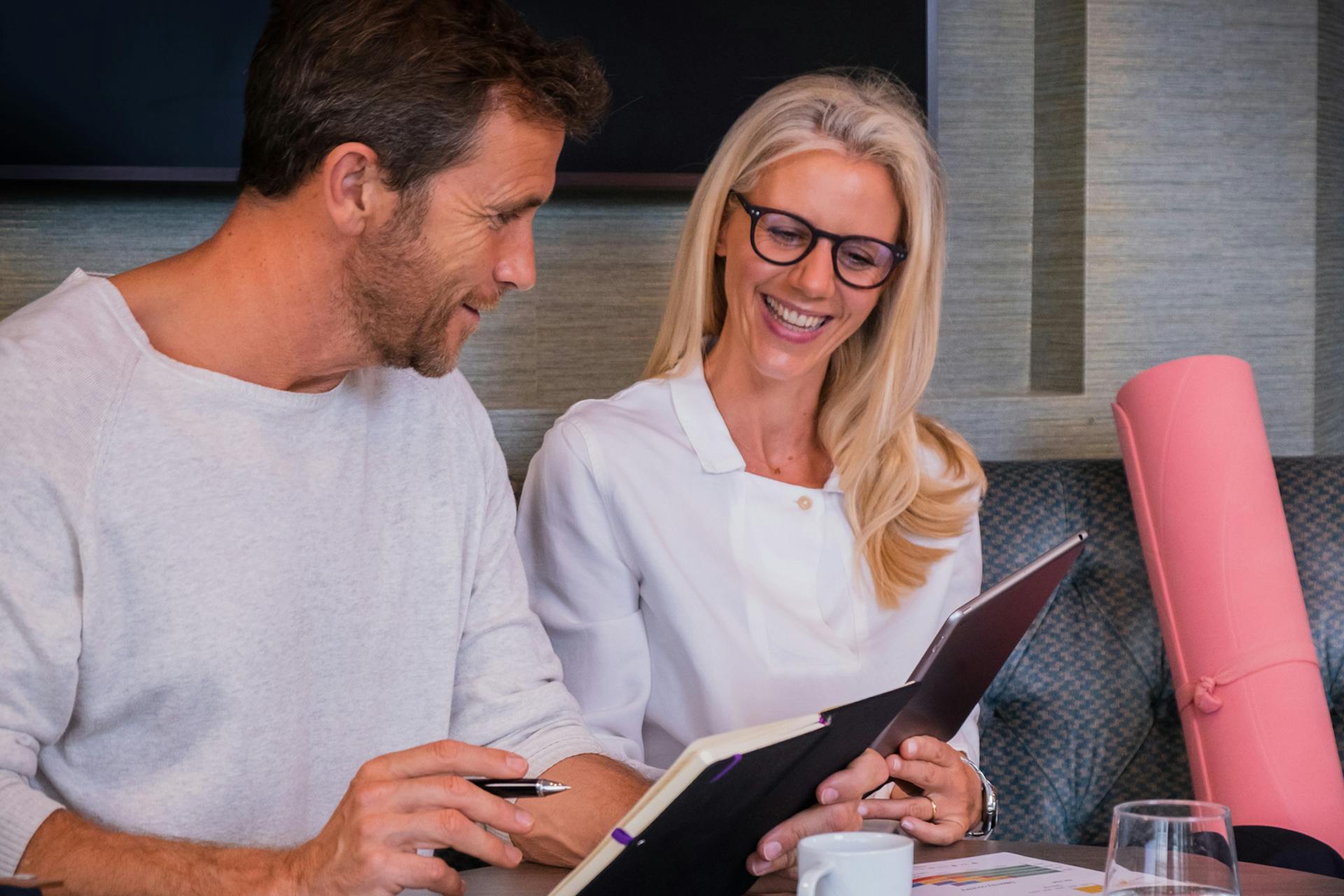With coworking spaces set to double by 2024, environments designed for flexibility will be top of mind for people seeking productivity and work-life balance
A swim at 11am on a Wednesday. An early-morning meeting followed by a breakfast of champions. Uninterrupted hours to finish a project, alone or coworking, immersed in natural light with a good view. The flexibility to tailor your working day in pursuit of productivity is no longer a pipedream. For all its challenges, the global pandemic has forced us to reconsider the way we work. And those in a position to make the change are seeking a permanent balance between work and play to transform their quality of life.
According to a report from McKinsey & Company, the shift to remote working across Europe is on the up. More than 20% of the workforce could work remotely three to five days a week “just as effectively” as they could from an office. The report adds that “if remote work took hold at that level, that would mean three to four times as many people working from home than before the pandemic.”
Key to McKinsey’s analysis is the favourable comparison between remote and office working. We’ve all been there: the discomfort when asking to work from home because it’s clear the boss suspects we’ll be doing anything but, despite our best intention. Yet for some, productivity - the holy grail of work - can be better achieved outside the office, in coworking spaces instead.
Productivity and the rise of coworking spaces
“The productivity metric is proving that remote work is working,” Erik Bradley, chief engagement strategist at U.S.-based Enterprise Technology Research (ETR), recently told Reuters. A survey by ETR found that the percentage of people permanently working from home across the world is expected to double in 2021, with 48.6% of respondents saying that productivity has improved since workers began working remotely, and only 28.7% indicating a decline in productivity.
Indeed, an estimated 5 million people will be working from coworking spaces by 2024, an increase of 158% compared to 2020, according to CoworkingResources. As such, the number of coworking spaces worldwide is projected to reach almost 20,000 this year and increase to 40,000 by 2024.
Work-life balance
But remote working alone isn’t responsible for improved productivity; our definition of what it means to be productive has been redefined. Taking a break at 11am to have a swim can not only make us more productive - in the traditional sense - but also, happier. And the latter no longer takes second place.
In an article for Forbes magazine, Charles Towers-Clark writes that, while 2020 has been a challenging year for most, “there have been positive developments in terms of how we work, with flexibility and overall wellbeing put ahead of unfettered productivity for what may actually be the first time in living memory.” Towers-Clark predicts that employee wellbeing will be one of the hallmarks of the future of work. “Recognising the vital connection between productivity and wellbeing, employers are making provisions to make sure that employees are happy and mentally healthy while working from home, and that the phenomenon of ‘toxic productivity’ does not sour the move to remote working,” he writes.
Working spaces designed for flexibility and wellbeing
But working from home doesn’t hold the same allure as it did pre-pandemic. The remnants of homeschooling, piles of unwashed dishes, boredom - they’ve all become synonymous with a working day at home. Plus, many of us want and need to collaborate with others - and not necessarily with the people we’re related to.
So what does an ideal workspace look like beyond 2021? “Choice and flexibility really is a key driver for workplace design now,” says interior designer Hannah Carter Owers, founder of global design consultancy, Carter Owers. “We are living increasingly blended lives and the idea of segregating your work life from your ‘real life’ is old fashioned.”
Carter Owers adds that, whilst wellness has long been used as a selling point for workspaces, this has often meant “little more than an exercise room or in-house gym, and a few potted plants,” she says. “I am now seeing a much more sincere commitment from companies to creating positive, healthy workspaces, beyond multi-height desking or specialist task chairs designed for bad backs. In a move to de-stigmatise mental health, the notion of wellness has worked its way into companies’ diversity and inclusion policies resulting in multi-faith rooms, retreats and meditation spaces on the office floor.”
But this level of transformation requires vision, time and investment in a period when many businesses are re-evaluating the need for a permanent office at all, and coworking spaces are reconsidering formats no longer fit for purpose.

Working environments, poolside
There is another way. Instead of putting tennis courts next to desks, find desks to place near the courts. Don’t build swimming pools; create poolside coworking spaces. With hectares of green open space, historic tennis clubs, award-winning spas and more space per member than any other health club in Europe, Aspria has developed a new approach to coworking: modern work spaces set amongst world-class fitness, health and wellbeing facilities.
Members can work anywhere within the clubs - alone, in groups or as a company meeting. But in addition to grabbing a table and a coffee, Aspria has created quiet, adult-only areas with flexible seating, fast wifi and bookable private pods. The rest has always been there: hundreds of weekly exercise classes to break up the working day; invigorating swims; spas and saunas to reset body and mind; personalised fitness programmes; 300 classes for children; healthy, all-day food.
“Having the freedom to choose how we structure our working day has huge benefits to our overall wellbeing,” says Arnaud Micheels General Manager, Aspria Brussels Avenue Louise. “If you need a break from the screen, dive into the pool. If you need to collaborate on a project, we have the space, the facilities, the food. If you’d like to network with like-minded people, we offer a programme of events, talks and workshops. We’re supporting our members to create balance: to network and focus, to work and relax. All on their own terms.”



